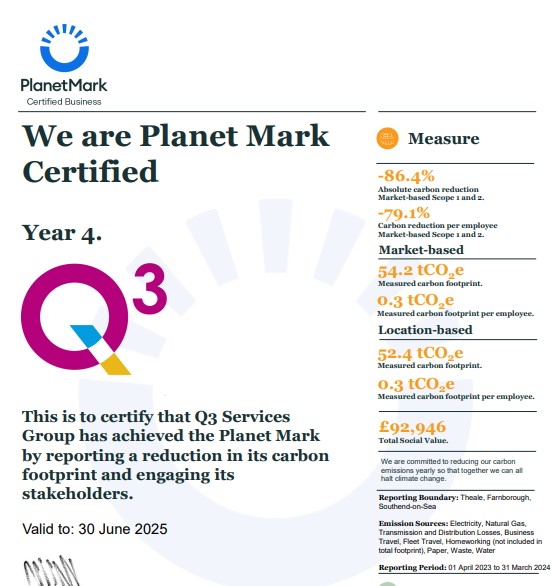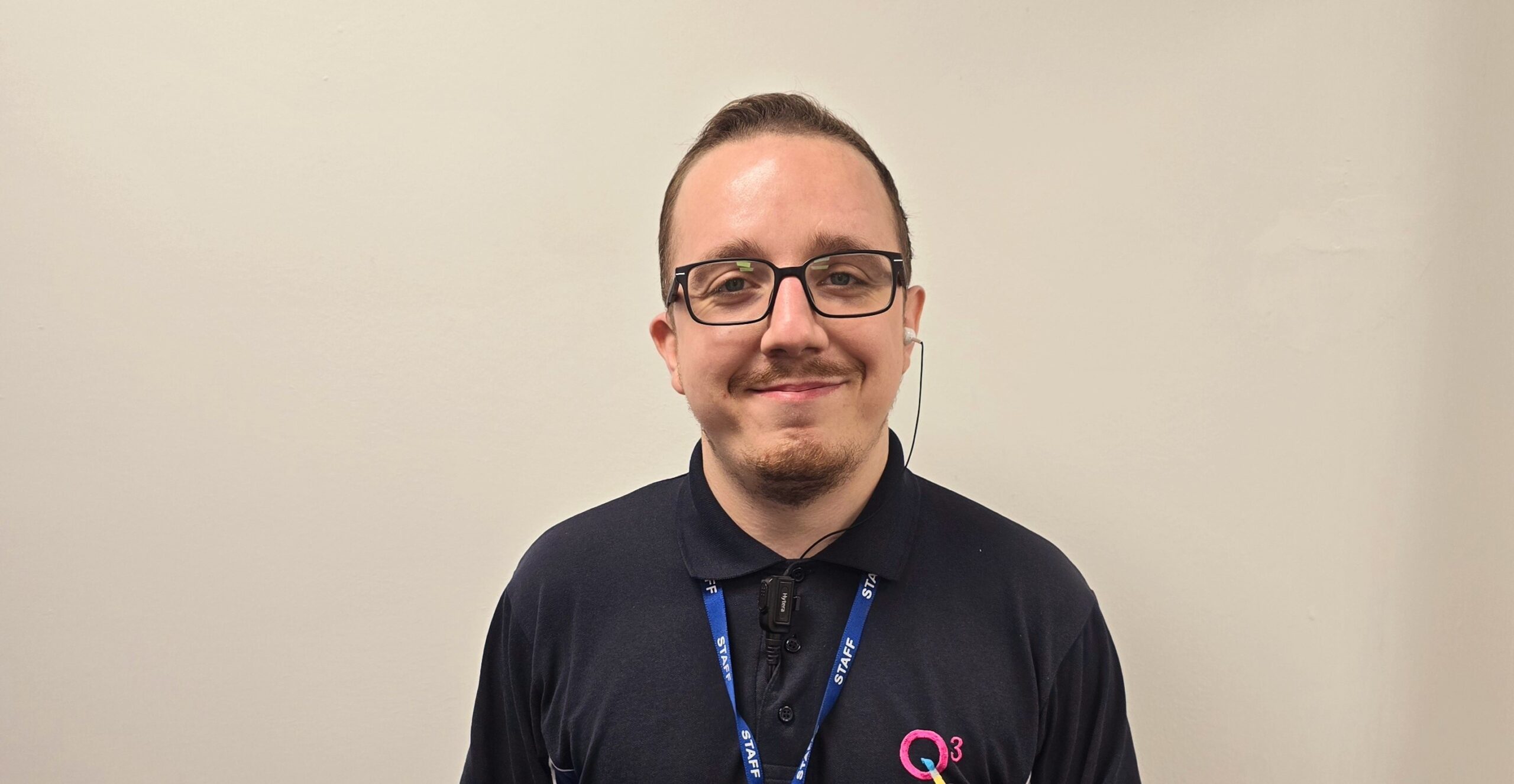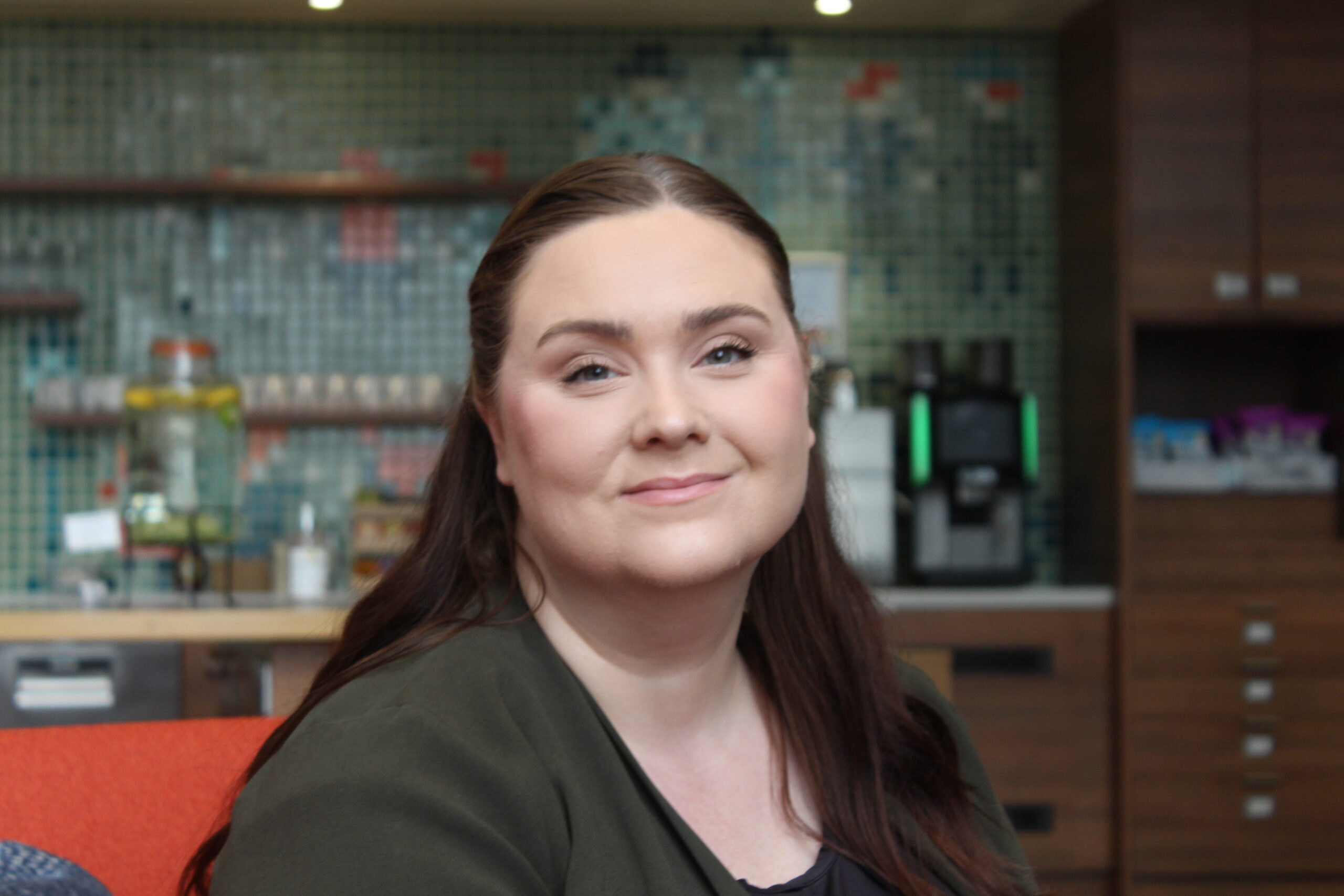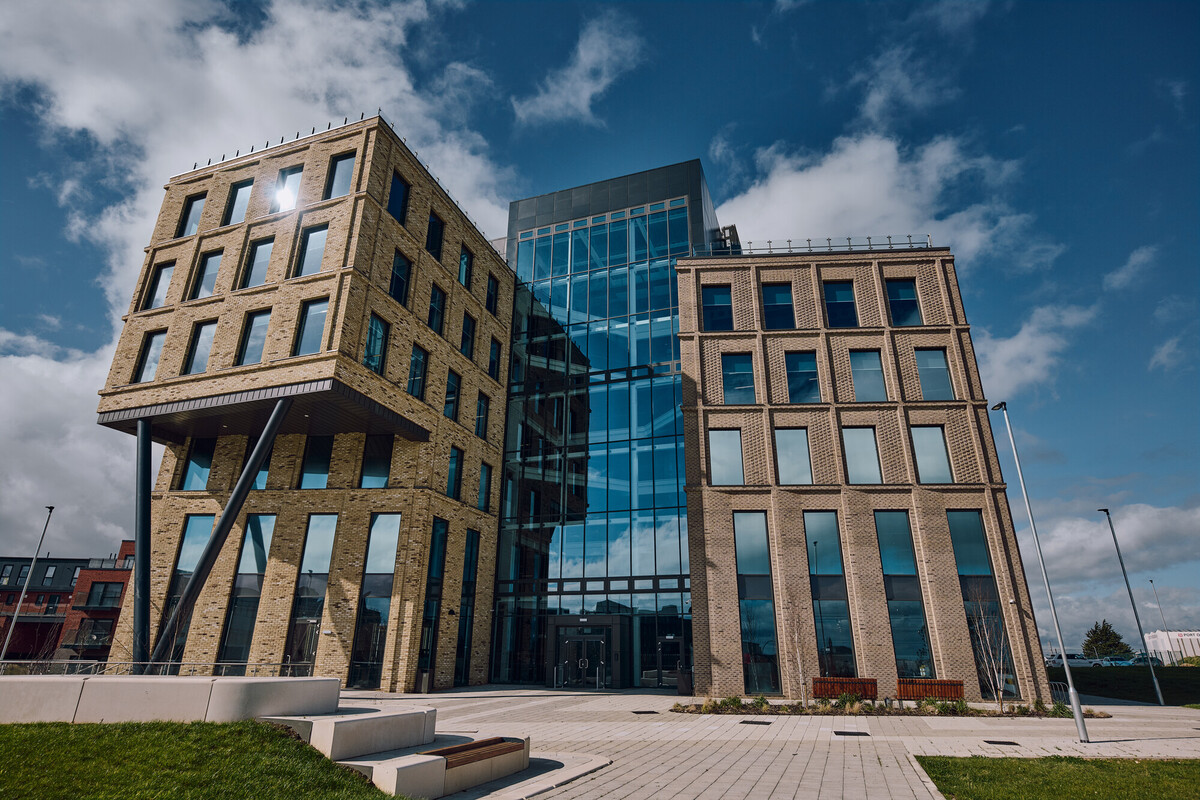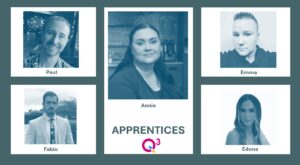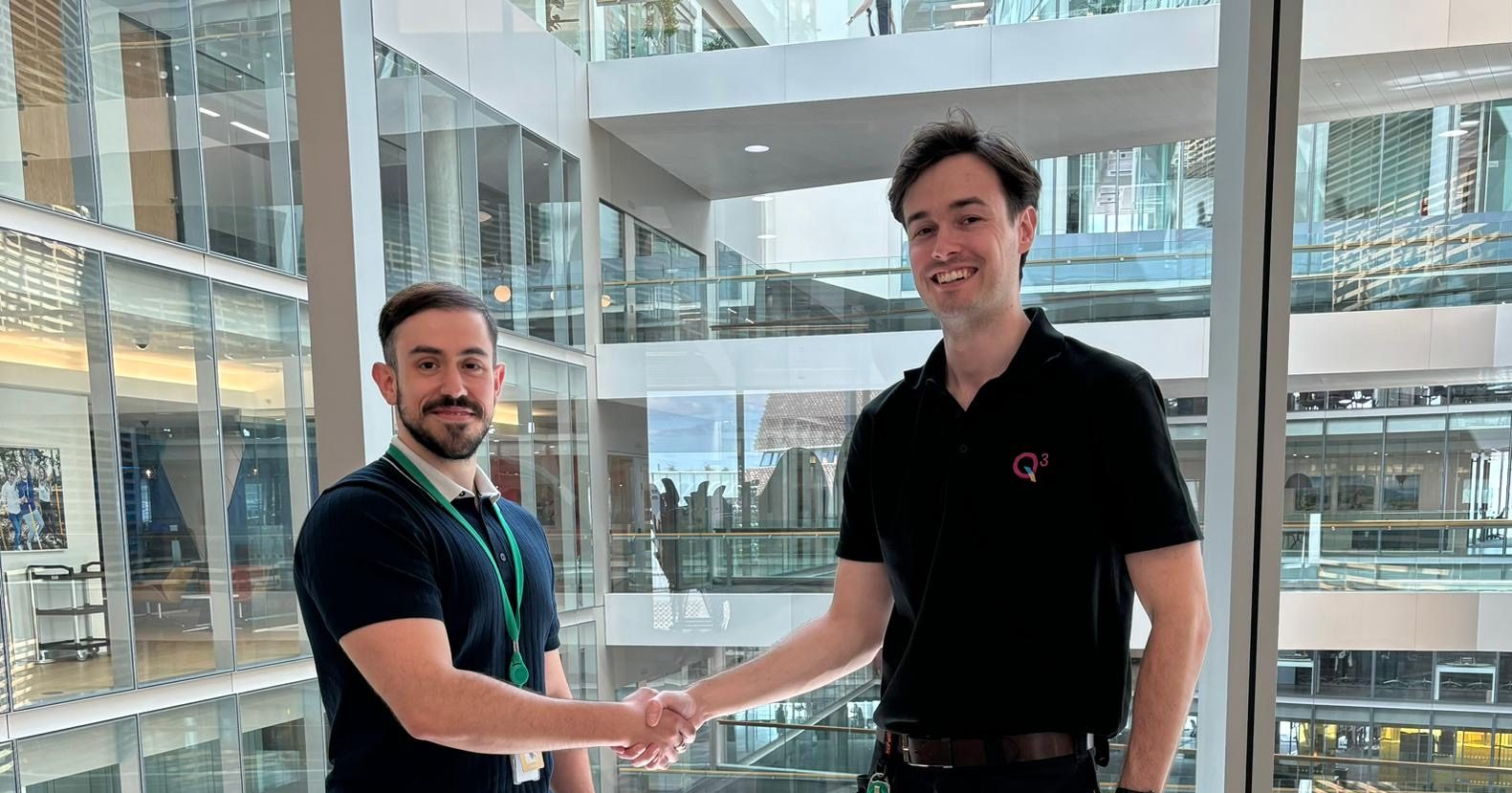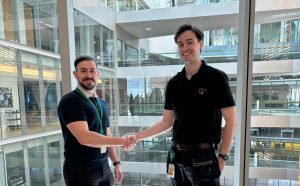A cursory search of FM trade press websites identifies only a handful of recently published articles relating to the important subject of compliance. Those news pieces tend to focus on new appointments, mergers and acquisitions, or specific compliance features related to asbestos, water and fire. Very few address the broader relevance of compliance in the workplace and its key role in FM service delivery.
Why does this important aspect of a Facilities Manager’s responsibility receive such a low profile, in comparison to “insight” on popular themes such as technology, wellbeing, hybrid working and productivity?
We asked Q3’s Compliance Manager, Annie Simpkin, for her thoughts on why that might be.
Here’s what she said:
Ha! If you want to make yourself invisible, take on the role of Compliance Manager! It’s a sure-fire way of becoming the most ignored person on the FM roster!
And yet, it’s such an important role because we are dealing with the most safety-critical part of any FM’s responsibilities. FMs are charged with serving the people and assets in a building and compliance exists to mitigate risks, prevent accidents and ensure the safety of both. In my book, safety and compliance has to be the top priority for any caring, law-abiding organisation. But it isn’t, is it?
Perhaps compliance is low profile because it isn’t “sexy” and falls into the “too difficult” pile? After all, who wants to become an expert on the intricacies of electrical fixed-wire testing, fire regulations, legionella, TM44 and F-Gas Compliance, and filling out pages and pages of those tiresome risk assessments?
The fact is that compliance is simply misunderstood by many people in the industry. It’s quite common to find clients who are uninformed and even naïve about compliance. Often, they confuse responsibility with accountability and there’s a big difference. There are legal implications associated with non-compliance, which means in a worse-case scenario, one of the client’s directors could end up going to jail! And it’s no good hiding behind the FM company, because you can’t contract out legal responsibility – the buck stops with the client!
Because people cannot grasp all the complexities of compliance, they tend to simplify the whole thing into a tick-box exercise, generating statistics to help them understand the big picture. These compliance figures are presented monthly to the client and often the board of directors, but the focus is on the performance of the numbers themselves (and whether they go up or down), rather than the underlying story they are trying to tell.
Let’s not kid ourselves, in some organisations, I’m sure that there is even some gentle bending of the rules to make the numbers tell the right story. But realistically, if you are reporting 100% all the time, who will ever believe that the figures are credible and true? It’s fooling no one!
It’s sad that compliance should be devalued to a function for creating figures that make the board feel warm and fuzzy. It needs to be about active management of compliance in the real world, and these figures must be meaningful and to stand up to scrutiny. They also need to be both accurate and auditable, not an echo chamber, where the figures report only what the board wants to see.
I feel passionately that compliance is important in the workplace and above all, it’s about embedding honesty. The dilemma is how we get to that point, how we ensure accuracy, capture every detail and get to the truth. We talk a lot about people’s wellbeing in the world of work because it’s important to ensure that temperature and noise levels, food and drink, and quality workstations are all contributing to a positive user experience. But how important is all that when the building catches fire? In what may be a life-or-death situation, you want smoke detectors and alarms that are fully tested and working, fire extinguishers available and operational and sprinkler systems primed and working. Similarly, the coffee may taste great but is the tap water safe to drink? Staff and customers need assurance that when they go to that site, they know they are safe. This is when safety trumps wellbeing.
In Q3’s engineering and maintenance services operation, compliance is the foundation around which we deliver everything else on that contract. It’s not simply about assets, tasks and activities, it’s an end-to-end process, encompassing everything from the competency of the person carrying out a task, through to properly closing out the last remedial. If you can’t manage and control this competently and end-to-end, you aren’t doing the job correctly and you are letting down both yourself and your client.
In an ideal world, we will take on a contract on day one, with a full asset list. That’s not always the way it is in real life, so if we don’t know every asset, then we set out to understand at least what types of assets we have at a site, and taking a risk-based approach, create a plan to address that through remedials.
Sadly, remedials is an area that is also poorly executed in so many instances. Not knowing about an issue is not a great place for an FM to be in, but knowing and doing nothing about it, is even worse. Identifying a non-compliance issue and sending an email to get it fixed, is NOT closing off the remedial. There is no 60-day window to sort something out, obtaining a bit of paper is not the same as compliance, and if a problem is the landlord’s responsibility, it does not negate your responsibility to ensure it is resolved, and to chase it down until it is.
At Q3, we have invested in clever CAFM software from Facilio with proper systems underpinning it, to ensure end-to-end responsibility and use a RAG categorisation for classifying the status of all compliance issues. It makes the whole process run much more smoothly but it doesn’t take away the Compliance Manager’s responsibility for getting it right. Our teams understand the importance of compliance and are trained to make sure they DO get it right. Our clients too, because we often take them on this compliance journey, walking them through the process of reporting compliance truthfully and in a meaningful way which can be understood by all the directors.
To acknowledge its importance, compliance must have a presence at the top table, like at Q3, where compliance statistics for all our clients’ contracts are reported and reviewed each month, at board meetings. It occurred to me that one day that you could draw comparisons between compliance in FM and Infection Control in the NHS. There may be some amazing, exciting and ground-breaking developments happening around surgical techniques and treatments for previously incurable conditions, but if you don’t get the basics of infection control right in a clinical setting, they are all irrelevant, if the patient get sepsis!
I think you’ll get from my feelings on compliance, that I have a passion for this Cinderella FM subject! It needs to be a much bigger part of the agenda on the future of workplaces amongst the movers and shakers in the FM community. It should be rubbing shoulders in the pages of the FM press with topical FM subjects like wellbeing, technology, hybrid working and all that other stuff passing as insight.
And with the FM awards season fast approaching, have you noticed that there are never any categories for compliance? I’m not saying I would win, (but I totally would), if they were to introduce a Compliance Manager or the year award!
Let’s hope this short article will start a new debate on a key subject.
Reproduced from an article originally published in PfM magazine, September 2024
Our thanks to Salesforce for use of areas of Salesforce Tower for the location photos
 Channel Islands
Channel Islands
